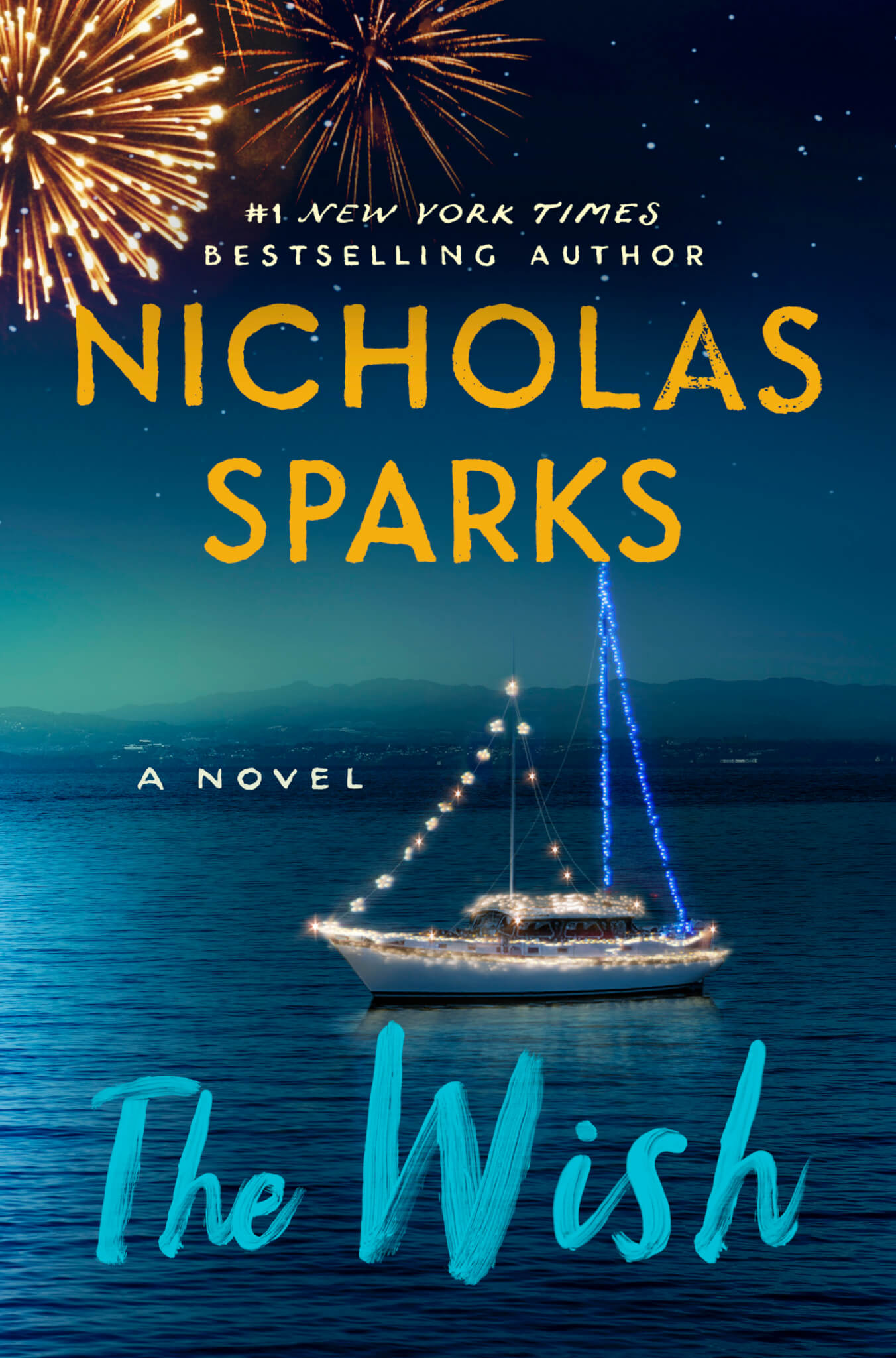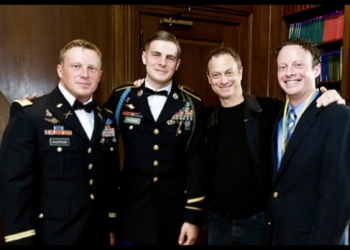Nicholas Sparks wants people to pick up his latest novel, “The Wish,” and know a little about what to expect before reading a word.
“Number one, there’s going to be a love story,” said the well-known author about his successful storytelling formula. “Number two, it’s going to be set in a small town in North Carolina, as part of the story. And then number three, they’re not going to know what happens until they turn the final page.”
When all of your books — “The Notebook,” “A Walk to Remember,” and 21 others — have been New York Times bestsellers, selling more than 105 million copies, it’s probably a good idea to appease your incredible following. However, Sparks notes that as long as his devout readers can trust in these things, he is able to explore, so the stories feel like something they have never read before.
In “The Wish” Sparks explores teen love with impossible obstacles, decisions that haunt us for a lifetime, and the perfect way to live your final days. The story begins in New York City, where renowned photographer Maggie Dawes comes to terms with an end-of-life cancer diagnosis by recollecting one of the best times in her life — 1996 in the remote village of Ocracoke, North Carolina. At first she loathes the idea of being sent away by her parents to live with her aunt … until she meets Bryce Trickett, a handsome teen from a military family that was newly admitted to West Point.

Sparks says although he writes for a wide range of readers, recent feedback convinced him that it was time for another teen romance that fans of all ages could enjoy. He wrote the story from his home in New Bern, North Carolina, where he gets inspiration from the surrounding military community.
“To write stories about eastern North Carolina, the military, and its presence, and the people that you meet — or people that you bump into when you go and just walk around town — it’s as ubiquitous as warm and humid days in the summer, the flat country, and the slow-moving rivers,” said Sparks about the fact that his books typically contain military storylines or service member characters. “Those are the things that define eastern North Carolina, and if I was to write a novel in eastern North Carolina with a hedge fund guy, it doesn’t make much sense at all.”
Also, a long tradition of military service in his family — his brother, uncles, cousins, grandparents, and father-in-law — naturally comes through in his stories, Sparks says. Recently, the self-described “history buff” read “Morning Star, Midnight Sun” to learn more about the Battle of Guadalcanal and “Bloody Okinawa” to better understand a battle his father-in-law fought in.
Family ties also helped Sparks shape Maggie Dawes’ experience with cancer, a central storyline in “The Wish.” He explains how he lost his younger sister to the disease years ago and that she struggled with the gradual recognition that her life was ending.
“What do you do with time, what do you do for those you care about, what do you do for yourself?” Sparks said about questions he asked when constructing the feelings of his main character.
“The Wish” includes many themes, but Sparks notes that there is a primary lesson in his new book.
“Everyone you meet has a story, and until you really get to know that person you won’t find out whether it resonates with you,” he said.
And he leaves it at that — until you reach the final page.







































